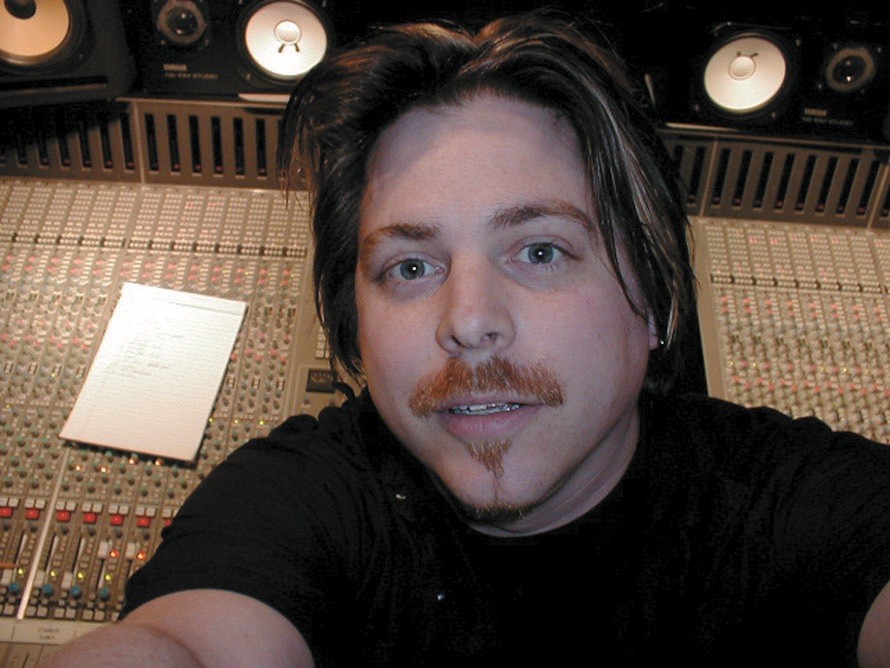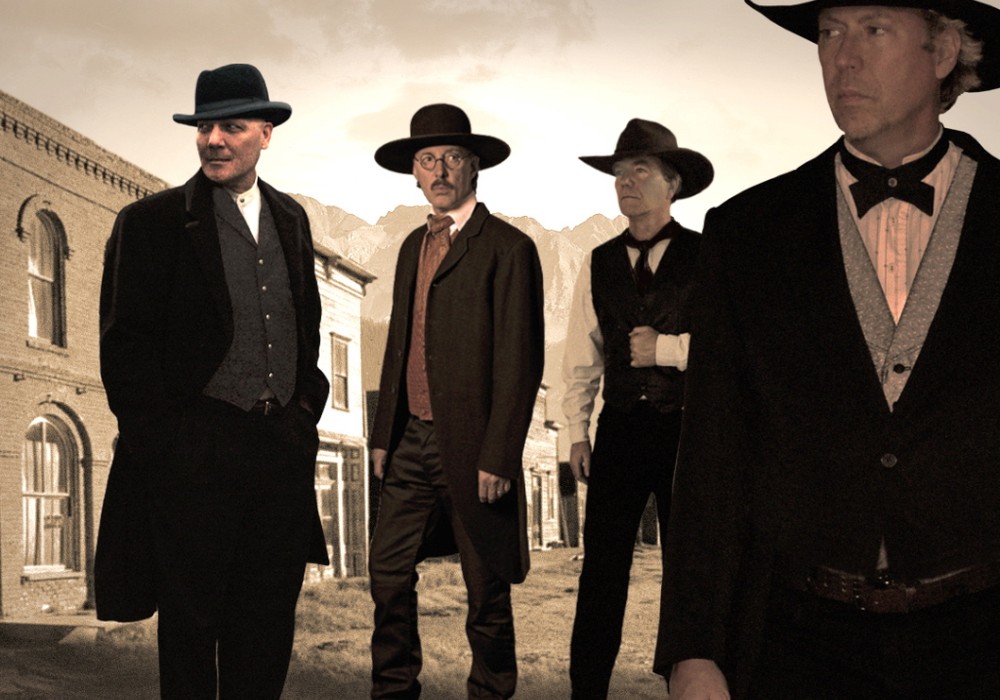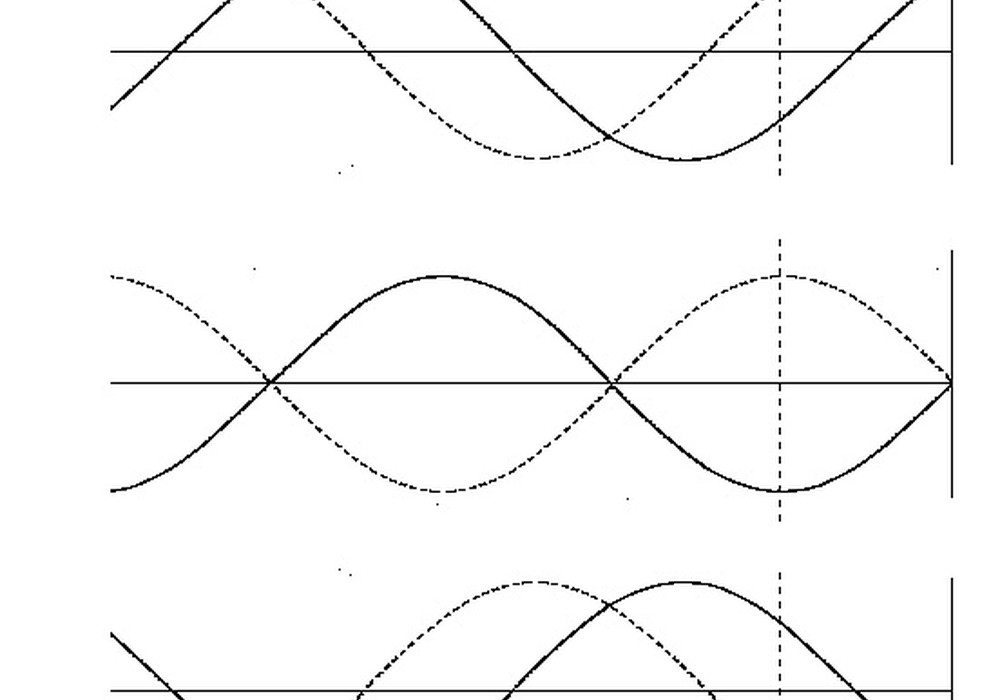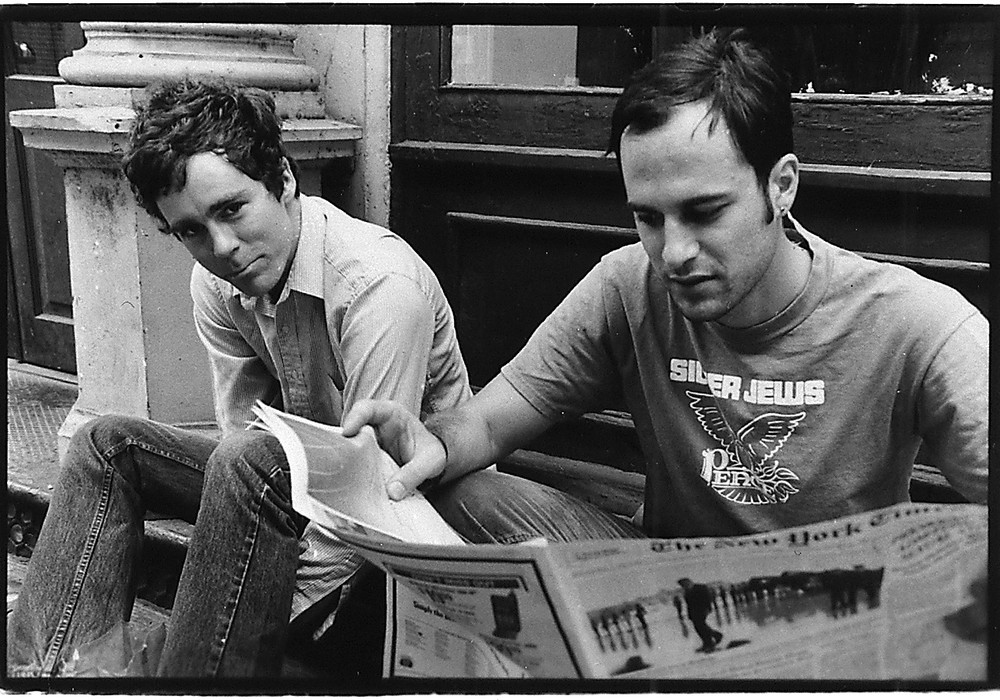Coming up in the recording environment of Seattle there was no local mastering to speak of, so when mixing I learned to get it as close to a finished master as possible before sending it off to be tweaked by someone else. How are you even going to know what the mix should be if it's not sonically in the ballpark? Don't count on mastering to make your mix any better. This might be obvious, but it seems the more expensive the project is, the less people are paying attention. You wouldn't believe the things I've heard that were supposed to be final mixes. The only way to know that you're not fooling yourself or being fooled by your monitors is to listen to the outside world, and often.
Once, while assisting Jack Endino [Tape Op #13], I remember him saying that the real challenge begins when you have to go to different rooms on each project. This is another good reason for constant CD referencing. Steve Fisk once remarked to me, "Who'd have thought that the most important piece of equipment to bring to a studio would be your CD case?"
Here's a point of etiquette: Don't bitch about the monitoring in an unfamiliar studio. Bitching is strictly amateur hour. Instead, listen to records that you know intimately and note what you can and can't hear. Traveling with your own speakers helps a little, but there are a bunch of other factors. The amps that you use, the dimensions of the room, and speaker placement are all important. What you put the speakers on is incredibly important. Even the damn speaker cable is important! With so many variables you can only trust your ears. But wait, maybe it's rainy (humidity dampens high frequency sound transmission through air), or you might have a bit of a stuffy head cold. Maybe you flew in for the session and your ears are just plain weird. It could be early in the day and everything sounds too bright (and too fast). And then later, after you've been tracking rock music all day, everything is sounding wicked dull. Perhaps you just had a glass of wine with dinner and you can't hear your way out of a paper bag, or you just smoked a joint and everything sounds really, really awesome, like the best music you've ever heard in your life. Dude.
The main reason to reference CDs is that after listening to the same song for a couple hours your ears adjust to it and you can't see the forest for the trees. When I first started making records I'd go through an hour of hell each session (usually hour 4) where everything sounded awful. You need some guideposts. If every CD you play also sounds terrible then you know you need to take a break. Likewise, if your mix sounds better than anything you play back on the system you will be fucked when you take it out of the room.
Level matching is super important when critically comparing mixes. Louder will sound better every time. I check both sources (my mix and a reference) on the same VU meters (peak meters don't work, it's important that the average level be the same) and match the levels as closely as possible. I'll sometimes take a record that I think is slightly bright and another that is slightly dull and try to mix right in between them sonically. You need to repeat this procedure for every song, unless you're finishing your mixes in, say, 20 minutes (though sometimes the best idea).
Pick something that you know sounds good on a number of systems, as well as on the radio (if applicable). Have an idea of what you like and don't like about it. Here's a short list of some CDs I've referenced while mixing various records and why:
Weezer 'Cause Weezer rules!
Radiohead The Bends This one can get you in trouble. It sounds amazing, but the instrumentation is super sparse. There's only like four or five instruments ever going at once, including vocals. Usually the bands I work with are trying to shoehorn a zillion tracks into the same spectrum, but I always bring The Bends 'cause I like to listen to it in the morning. Also, "High and Dry" has the killer close kick drum that sounds way bigger than it really is.
Tom Petty Most records hold up to even the most intense scrutiny.
The Jesus Lizard Anything, but then that's not really fair (See In Utero, below).
Public Enemy You can check anything by them and Hank Shocklee for the low-end knowledge.
Sonic Youth Dirty I used to use this but I knew that I wanted my stuff at the time to be a little brighter. Something like Nirvana's In Utero is a great record but I'm almost never going for that crazy wall of rock sort of thing (and I never have had Dave Grohl...







